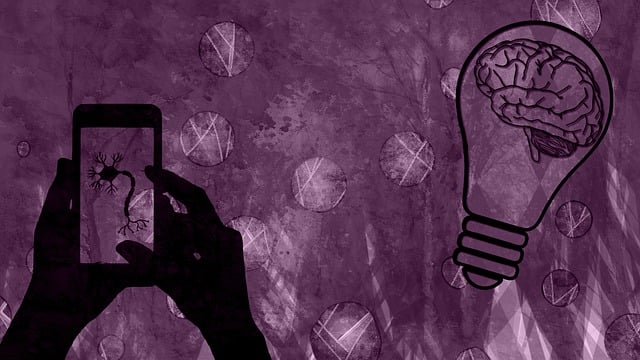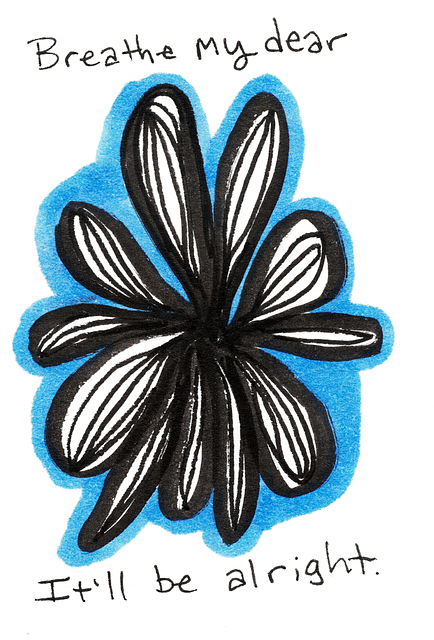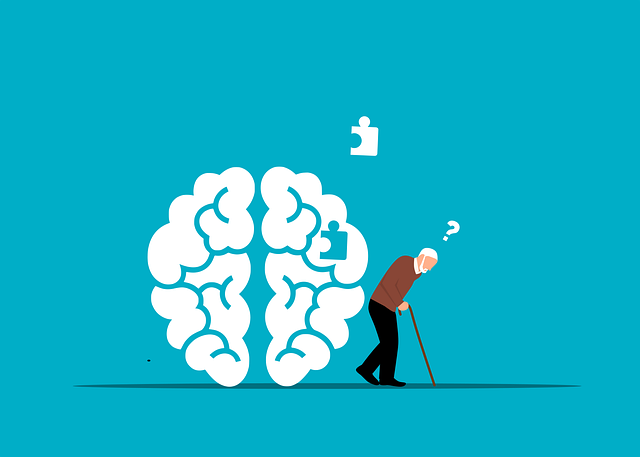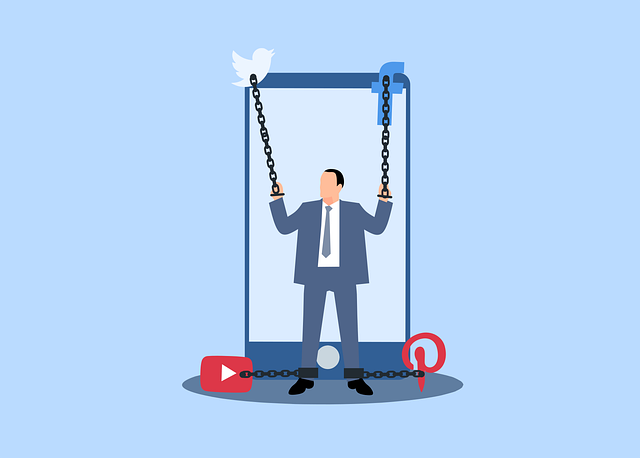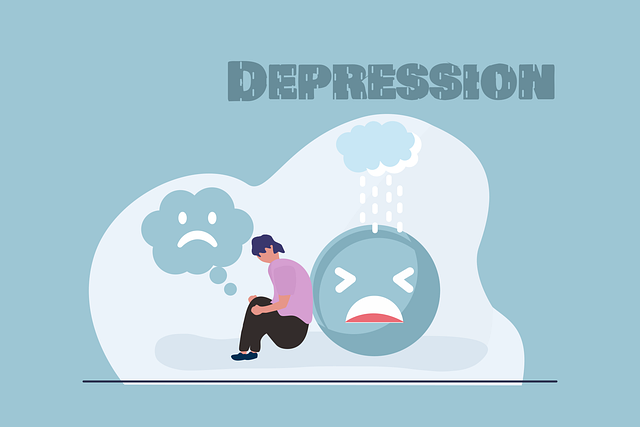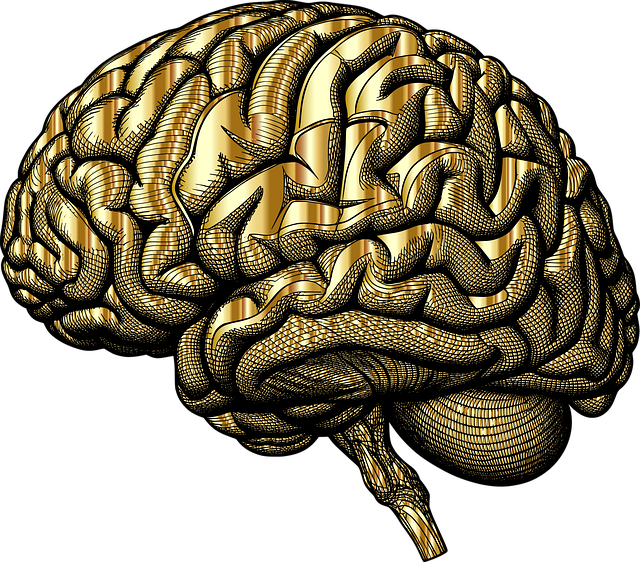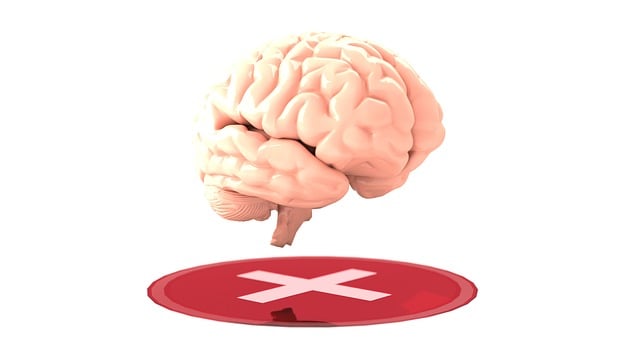Adolescent teens with cancer require specialized mental health support addressing unique emotional, psychological, and social challenges. Mental health professionals assess risk factors, provide tailored interventions like self-awareness exercises, and prevent burnout to enhance overall well-being during treatment. Therapeutic activities such as art therapy, music therapy, and mindfulness offer essential outlets for expression and stress management, improving recovery and resilience. Building a robust support network including peer connections fosters emotional regulation, empathy, confidence, and healthy coping mechanisms, providing hope and normalcy in the face of cancer challenges. #TherapyForAdolescentTeensCancerIssues
“Enhancing self-care is an essential aspect of holistic cancer management, especially for adolescent teens facing this challenging disease. This article explores tailored strategies to address the unique needs of young cancer patients, focusing on therapeutic activities and social support as key components of their daily routines. By incorporating evidence-based practices, we aim to highlight how adolescents can improve their well-being during treatment, emphasizing the value of therapy in managing cancer issues specifically related to this vulnerable population.”
- Understanding the Unique Self-Care Needs of Adolescent Teens with Cancer
- Incorporating Therapeutic Activities into Daily Routines for Improved Well-being
- Building a Support Network: Encouraging Social Connection and Peer Support for Teen Cancer Patients
Understanding the Unique Self-Care Needs of Adolescent Teens with Cancer

Adolescent teens facing cancer have distinct self-care needs that necessitate tailored support and understanding. Their journey through treatment often impacts emotional, psychological, and social aspects of their lives, which requires specialized therapy for cancer issues specific to this age group. The unique challenges they face include managing fear, anxiety, and the potential for long-term physical changes, all while navigating academic pressures and peer relationships.
Mental health professionals play a crucial role in assessing these teens’ risk factors and providing tailored interventions. This may involve incorporating self-awareness exercises to help them process their experiences and emotions. Additionally, burnout prevention strategies for healthcare providers are essential, as supporting adolescent cancer patients can be emotionally taxing. By acknowledging the complexities of their situation and implementing appropriate support systems, mental health professionals can contribute significantly to these teens’ overall well-being during and after cancer treatment.
Incorporating Therapeutic Activities into Daily Routines for Improved Well-being

Incorporating therapeutic activities into daily routines can significantly enhance the well-being of adolescent teens facing cancer issues. Beyond traditional medical care, therapy offers a vital means to support emotional healing processes and navigate the challenges associated with their condition. Engaging in activities like art therapy, music therapy, or even mindfulness practices can provide an outlet for expression and help manage stress. These therapeutic interventions not only foster emotional regulation but also promote coping mechanisms that are essential for navigating life’s complexities.
For instance, art therapy allows teens to visualize and externalize their feelings, offering a non-verbal means to process trauma support services. Similarly, music therapy can create a soothing environment, helping individuals find peace within themselves. By integrating these activities into daily routines, adolescent teens can experience improved emotional well-being and better regulate their responses to stressful situations, which is crucial for their overall recovery and resilience.
Building a Support Network: Encouraging Social Connection and Peer Support for Teen Cancer Patients

Building a strong support network is an essential aspect of self-care for teen cancer patients navigating their challenging journey. Social connection and peer support can significantly enhance their resilience and overall well-being during and after therapy for adolescent teens with cancer issues. Encouraging these young individuals to engage with supportive peers fosters a sense of belonging, providing a safe space to share experiences and emotions unburdened by judgment. This interconnectedness offers a valuable outlet for stress management, allowing them to vent their fears and anxieties, thereby boosting confidence.
Compassion cultivation practices within this network can further empower these teens. By fostering empathy and understanding among peers, they learn to appreciate the unique struggles of others while also nurturing their own emotional resilience. Such connections can be life-changing, providing a sense of hope and normalcy amidst the chaos, and helping them cultivate healthy coping mechanisms for their cancer issues.
Improving self-care practices is vital for adolescent teens with cancer, addressing their unique needs. By incorporating therapeutic activities into daily routines and building a strong support network, we can enhance their well-being. Encouraging social connection and peer support not only provides comfort but also serves as a powerful therapy for these young individuals facing cancer issues. These strategies collectively contribute to fostering resilience and improving the overall quality of life for teen cancer patients.
